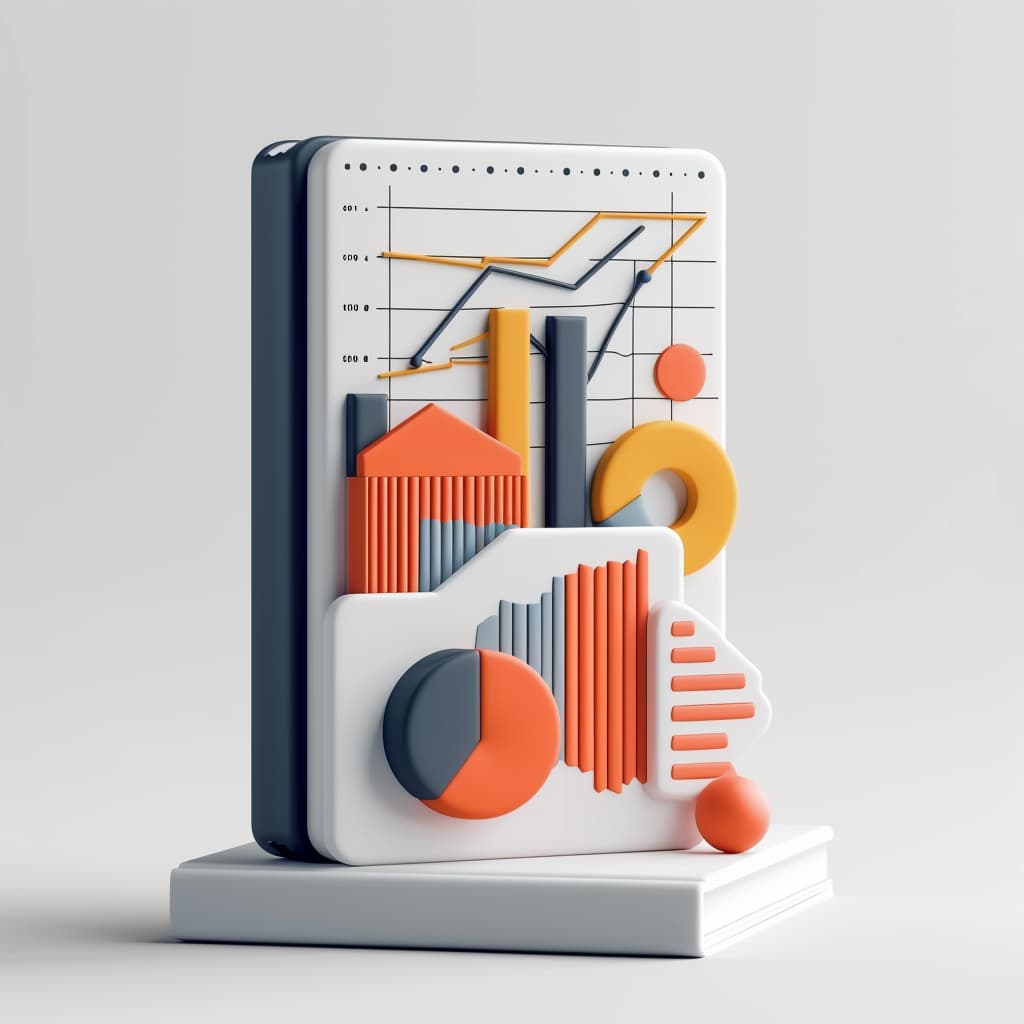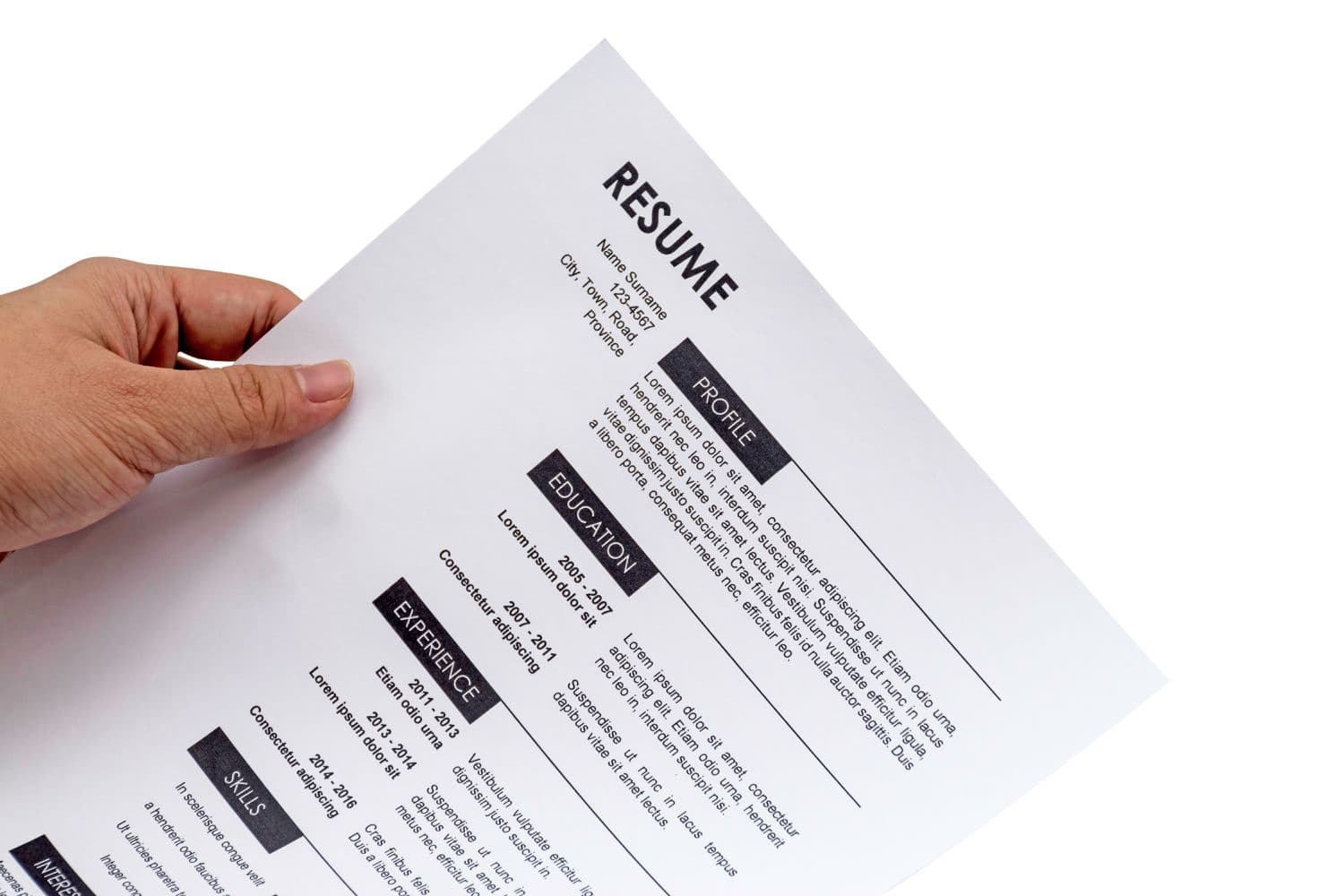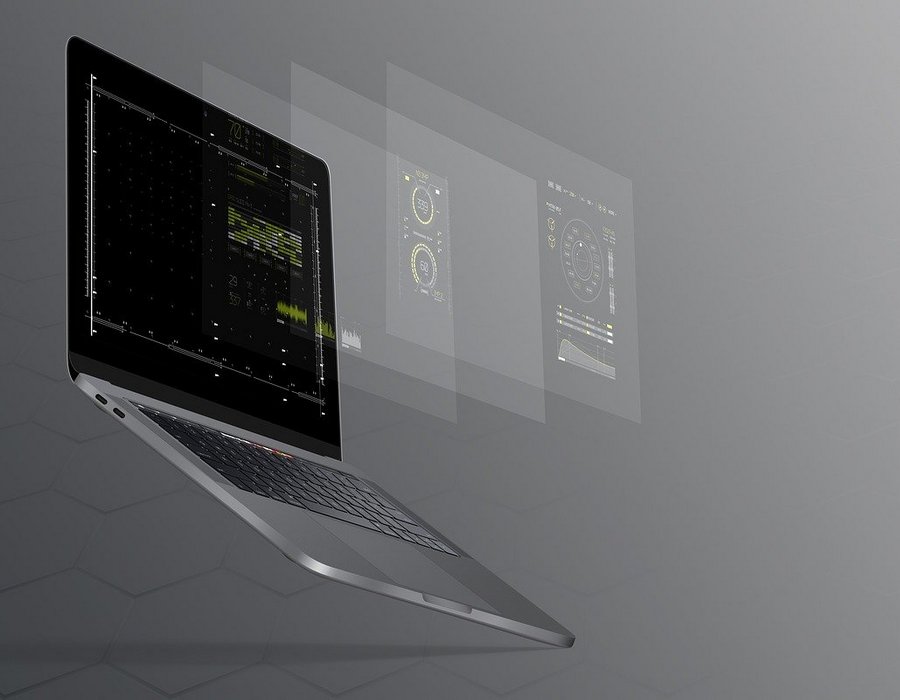A well-known team of PayID pokies developers have published a book about the impact of crypto technologies on the casino world, as well as how crypto and blockchain technologies from the world of online gambling come to other sectors: banks, logistics, manufacturing. It seems that today we are dealing with a situation reminiscent of the development of the Internet thanks to porn sites, where many of the technologies originally demanded by the porn industry have migrated to the mainstream Internet. Even if you have never played in a casino, you certainly understand how important it is for a casino to maintain a certain anonymity of players, as well as security in many respects. These critical functions are associated with the widespread use of blockchain technologies in casinos, and in the future, these technologies enter the business.
Let’s see what we can learn from the new book on blockchain and what will be interesting for wider audiences.
Blockchain today
Blockchain is not only a cryptocurrency. With it, you can optimize various business processes: from verifying the authenticity of goods to controlling the entire supply chain in international shipments. The pandemic has sped up the introduction of blockchains into business. According to PwC forecasts, by 2030 global GDP will grow by $1.76 trillion thanks to the blockchain. How much does it cost to develop a blockchain project, where this technology is most actively used with examples from international practice, what errors can occur during implementation and risks when using blockchain financial analyst at the DotBig investment platform.
Blockchain can be used in any area
A blockchain is a continuously growing list of records called “transactions” which may not be changed once they’ve been added but can only be added to. A copy of each blockchain is stored on many servers, which means that they’re distributed. If any computer fails, the information is not permanently lost.
The main features of blockchains are their ability to keep records confidential, eliminate intermediaries, and enable fast financial transactions. Blockchain technology is a distributed ledger that can be used for tracking assets, recording ownership, and providing transparency in the process. It’s also known as a decentralized database because it doesn’t rely on any central authority or intermediary to maintain its integrity.
The full functionality of this technology can only be realized with the interaction of hundreds and thousands of participants, so the blockchain is not suitable for local use within one company.
Blockchain brings the greatest benefit to companies with many suppliers, buyers, franchisees who need to be constantly monitored.
It doesn’t matter which areas the technologies can be used in. However, you need first to understand if implementing it is beneficial for the company. A few questions will help with that.
How many people are involved in the exchange of data?
Is there an intermediary that makes the process complicated and more expensive?
How important is the time it takes for decisions and transactions?
There is no way to verify the authenticity of information.
If the answer to almost every question is yes, then the business should consider implementing new technologies into its operations.
Blockchain costs
Blockchain technology has a lot of advantages over other types of databases. The main one being security. It’s impossible to hack or modify the records stored on the network. This means that all users have access to the same set of data at any given moment.
The cost of a commercial blockchain project is calculated individually each time
Project costs vary by country, team composition, industry, project size, development goal, and other factors.
For example, a simple smart contract — a computer program to automatically execute agreements on a blockchain when certain conditions are met — costs $200‒1,000, while the implementation of a large-scale blockchain application like Uber will cost at least $220,000. The cost of developing a blockchain-based decentralized application (DApps) starts at $1,000, and to set up an ERC20 token – a protocol that allows you to create other tokens on top of the blockchain – you will need to pay a minimum of $10,000.
The most budget prices are from teams from India, China and Eastern Europe – they can be hired for $10,000. The average price of services from European developers is $30,000. The most expensive specialists are from the USA, the cost of their services starts at $50,000.
The most expensive blockchain products are developed in the field of real assets – assets that have a material and physical form – energy, legal services, utilities. This is due to the scale of projects when corporations or states act as customers.
Blockchain is actively used in casinos, banking and finance, logistics, retail, healthcare, and copyright protection.
The most popular tasks that blockchain solves
Blockchain allows you to confirm the authenticity and origin of the goods, distributed ledger technology – blockchain – is a good tool to combat counterfeit and counterfeit products.
So, for retail chains that work with many suppliers, blockchain helps to increase and strengthen the trust of buyers. The technology makes it possible to track the entire supply chain, starting from the manufacturer, and products can be checked for compliance with environmental and other standards.
Transparency of financial transactions
As a result, the market is better protected from fraudsters and cybercriminals. In addition, the blockchain reduces costs and reduces the time of cross-border payments, which makes financial services available to a wide range of people.
Resolving disputes
The data that is recorded on the blockchain cannot be corrected or erased. Therefore, when resolving a conflict situation, you can be sure of the authenticity of the information.
Blockchain is a new technology, and mistakes are inevitable when it is introduced into business processes, consider the most common. Ignoring the main features of the blockchain and, conversely, using it where a regular database can handle.
It is important to first identify which business processes the technology will be most beneficial for, and then decide whether it would be best to implement the technology using traditional tools, such as for example, internal documents. The following are some of the questions that should be asked when considering a new system. What is the purpose of the system? Is it to replace an existing process or supplement an existing one? How many people do you need to interact with the system? What kind of information does each person require? How often do they need access to this data?To assess the need for implementation, you can refer to the experience of colleagues in the market or consult with developers of blockchain solutions.
Difficulties in implementing
Blockchain is the base for which apps must be built to meet specific business requirements. For example, if you want to use technologies for organizing deliveries, you firstly require an interface, then interactions, and so on.
Furthermore, the market consists of diverse ecosystems that provide solutions to specific issues: for instance, security, tokenization. There are no compliance standards for digital currencies, and there are no universally accepted solutions for every aspect of them.
High expectations
Smart contracts are one the most attractive aspects of the blockchain. These are the conditions under which a transaction is concluded, which are recorded in a computerized format in the block chain. Once the condition is met, the contract is automatically executed.
It’s not quite ready for prime time, so there are some issues with scalability and manageability. The lack of unified regulatory oversight makes it difficult to implement smart contracts across different jurisdictions. Blockchain implementation carries certain risks.
On the topic of risks, a large-scale study was conducted by ISACA (Information System Audit and Control Association – International Association of professionals in the field of IT audit, IT consulting, IT risk management and information security) and AICPA & CIMA (American Institute of Certified Public Accountants and Chartered Institute of Management Accountants – Certified Institute of Management Accountants and the National Professional Organization of Certified Public Accountants in the United States).
According to their report, the risks can be divided into five groups.
Risks at the development stage: the development of a blockchain project includes certain protocols and algorithms; any deviation from them violates the integrity of the protocol and the entire system, which becomes vulnerable to external hacker attacks, fraud, and abuse in the system.
Risks in the exchange and transfer of data: the exchange of information between different blockchain systems is not always carried out efficiently and can lead to errors, which affects the stability of business processes.
Infrastructure risks: 1) the amount of data stored in the distributed registry is constantly increasing – exceeding the transaction limit can lead to data reset; 2) incorrectly coded system updates also threaten information loss or corruption.
Smart contracts vulnerability: in transactions using smart contracts, counterparties can be from different countries. The legal regulation of the blockchain in each state is different, there are no unified standards in the world, therefore, when resolving conflicts, legal difficulties may arise.
Risks when using security keys: Blockchain relies heavily on private and public keys. Despite the decentralization, the technology is used by people – the human factor cannot be completely excluded. When a user works with a distributed ledger from their PC, there is a possibility that the credentials for accessing the system can be hacked and stolen.
How blockchain is used in business
According to https://aucasinoonline.com/payid-casinos/ PayID online casinos in Australia offer pokies that have been popular among Aussie players for quite some time now. The first PayID pokie machine was released in the year of 2020 and since then, it has become one of the most popular games on the internet. Crypto pokies are now essential to online casinos as they drive lots of new players to their websites. The best thing about these games is that you don’t need any special skills or knowledge to play them. All you must do is download the software from the website and start playing. You can also find many free versions of the game which means that you won’t be spending anything when you play them.
Making payments easier for casinos and financial institutions is beneficial, and blockchains offer an inexpensive way to send payments. For instance, the technology firm Ripple has established partnerships with hundreds of companies, including Santander and WU. Its online calculator lets you calculate things in real time.
However, there are still some challenges that need to be overcome before we can see widespread adoption of cryptocurrencies. The biggest challenge facing blockchain technology today is scalability. The more transactions a network processes, the slower it becomes. Bitcoin’s transaction volume currently stands at around 7–8 million per day, while Ethereum handles about 15 million transactions daily.


























0